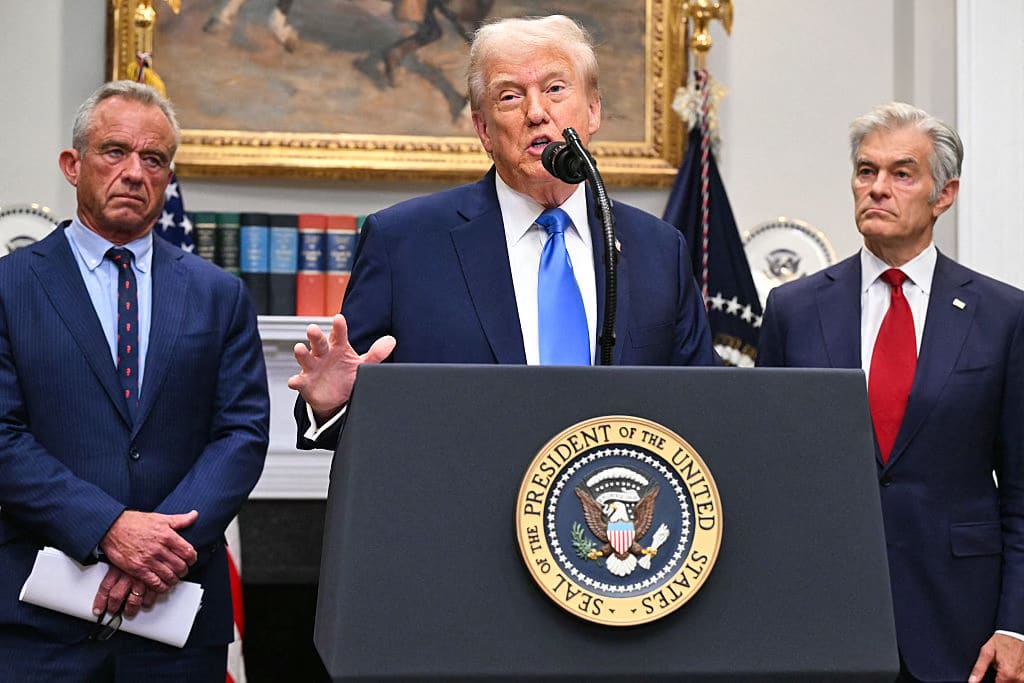4 biggest takeaways from Google's 2019 Developer Conference
Thousands of developers and programmers gathered Tuesday morning on the grounds of the Shoreline Amphitheatre in California for Google's annual developer conference called Google I/O. The event kicked off with a nearly two-hour long keynote address by Google's CEO Sundar Pichai, and executives from various departments of the company.
The keynote had dozens of new announcements, including two new phones and a bunch of improvements to the Android operating system, especially focused on privacy. While the hardware announcements were expected, it's the software updates that take the cake for the revolutionary promises they're making for the future of technology.
Here are some of the main takeaways from the event:
New phones, and a smart display with a camera
Google announced two new phones adding to its growing roster of Google made hardware. The phones, named Pixel 3a and Pixel 3a XL are in essence a cheaper version (Priced at $399 and $479 respectively) of the existing Google Pixel 3 phones released last year. Both come with the same much-praised camera Google debuted with the Pixel 3 along with all the tricks those cameras packed like Night Sight that let you take better photos in lowlight, and AR stickers that let you place a 3D model in your photos and videos. Both also come with, and yes you better believe it, headphone jacks!
The catch? Slower processors, lack of water resistance, and no wireless charging.
Google also announced the "Nest Home Max," a smart display with a camera built in. The camera features face tracking in video calls (just like Facebook's Portal devices) and has advanced facial recognition that will show you information depending on who's looking at it. You can head over to our partners at CNET for a full review of both devices.
New beta released for Android Q
Google announced new features and dropped a beta of the next generation of the Android operating system, Android Q. With "Q", Google is finally introducing fan favorite "Dark Mode," which will also help save battery on phones with OLED displays. In addition to a slew of privacy settings, Google announced new updates to its "Digital Wellbeing" feature, by introducing Focus mode, which will gray out apps and not let you open them while it's on, so you spend less time distracted.
Google's smart reply feature is also getting expanded nearly OS wide, now suggesting replies in messaging app notification, and also suggesting opening addresses in Google Maps. You can download the beta on 21 devices today and for a list of all updates coming to Q, check out the full review over at CNET.
Live captioning and the future of machine learning
Google undoubtedly is one of the strongest forces on the planet when it comes to Machine Learning, and its applications for the common user. On Tuesday, Google announced how it's using its latest breakthroughs in speech recognition by introducing live captioning for all videos and audio on Android. That means captioning in real time not just for YouTube, but for videos you've taken on your phone and on any app running on your phone (Yes! Including the CBSN app!). But even more stunning is live captioning for your phone calls, allowing you to talk to someone without needing to hear them.
Google says it built this feature primarily for people who are deaf or hard of hearing, but the applications are sure to be of benefit to everyone. The best part is that all this machine learning is done locally on the phone which means none of the data leaves your device.
In addition to this, Google also talked about Project Euphonia, a new initiative to make voice interaction more accessible to people with speech impairments or disabilities. But any AI is only as good as its datasets; to that end, since most speech interactions are designed without those with speech impairments in mind, Google is actively inviting people with impairments to submit voice samples to create better training data.
The future is private (or at the very least, between you and your digital assistant)
More than 40 million Americans own a smart speaker, and millions more use digital assistants like "Siri'" "Alexa" and the "Google Assistant" to do everything from asking about the weather, to controlling their home. This is only set to grow, as companies work furiously to make these digital voices sound more and more human.
These assistants and the devices that they come packed in, know some of the most intimate details of our lives, and are just getting smarter. Making our lives more comfortable, while simultaneously increasing concerns over privacy and data.
While I/O saw announcements about some exciting new features to the Google Assistant, this year saw each one of them looping back to state with clarity that the user's privacy is a priority. From "Hands Free Driving Mode," to finally being able to shut off your alarm by just saying 'STOP' (a simple, but immensely satisfying addition), to being able to recommend what you should eat at a restaurant by using 'Google Lens' to read menus, and filling online forms using just a voice command — Google Assistant knows a lot about you, and can do a lot more for you now. All much faster than before.
But privacy is still a concern, and to that end Google will now let you delete all your data that Google stores on you every three to 18 months, or whenever you wish. Think of it like clearing cookies on your browser just with a lot more data than you might be aware is being collected. It also announced incognito modes on Search and YouTube so you can hide your activity even better.
All this is excellent news for the users of Android, now running on more than 2.5 billion active devices, and the largest mobile OS there is. Announcing to you that these companies are starting to take your privacy seriously, if only after the past years angry wave of privacy scandals.



